Our Woman Conservationist Wednesday series continues as we nerd out over angler catch data and how it can inform better marine fisheries management with the woman who oversees citizen science programs in the Southeastern states
When I invited Amber to be featured in our series of Q&As with women in conservation, I quickly discovered she and I share another uncommon affinity—a love for large datasets. As part of TRCP’s communications team, I leverage data to learn as much as I can about you, our members, and share content that resonates with you personally. Meanwhile, Amber is working to collect more reliable catch data from anglers to influence how the federal fisheries management agency, the South Atlantic Fishery Management Council will manage species in the future.
Here’s how her personal connection to fishing keeps her going in a challenging field and why she is determined to hear about what you’re catching.
TRCP: How did you begin working in fisheries management?
AMBER VON HARTEN: I grew up catching croaker in the Chesapeake Bay area and made up my mind to work in marine science in fifth grade. When you tell people you’ve dreamt of studying ocean sustainability from a young age, most picture you saving sea turtles or something. Well, my first gig was working closely with commercial fishermen within the shrimping industry, and that’s where my love of applied research began.
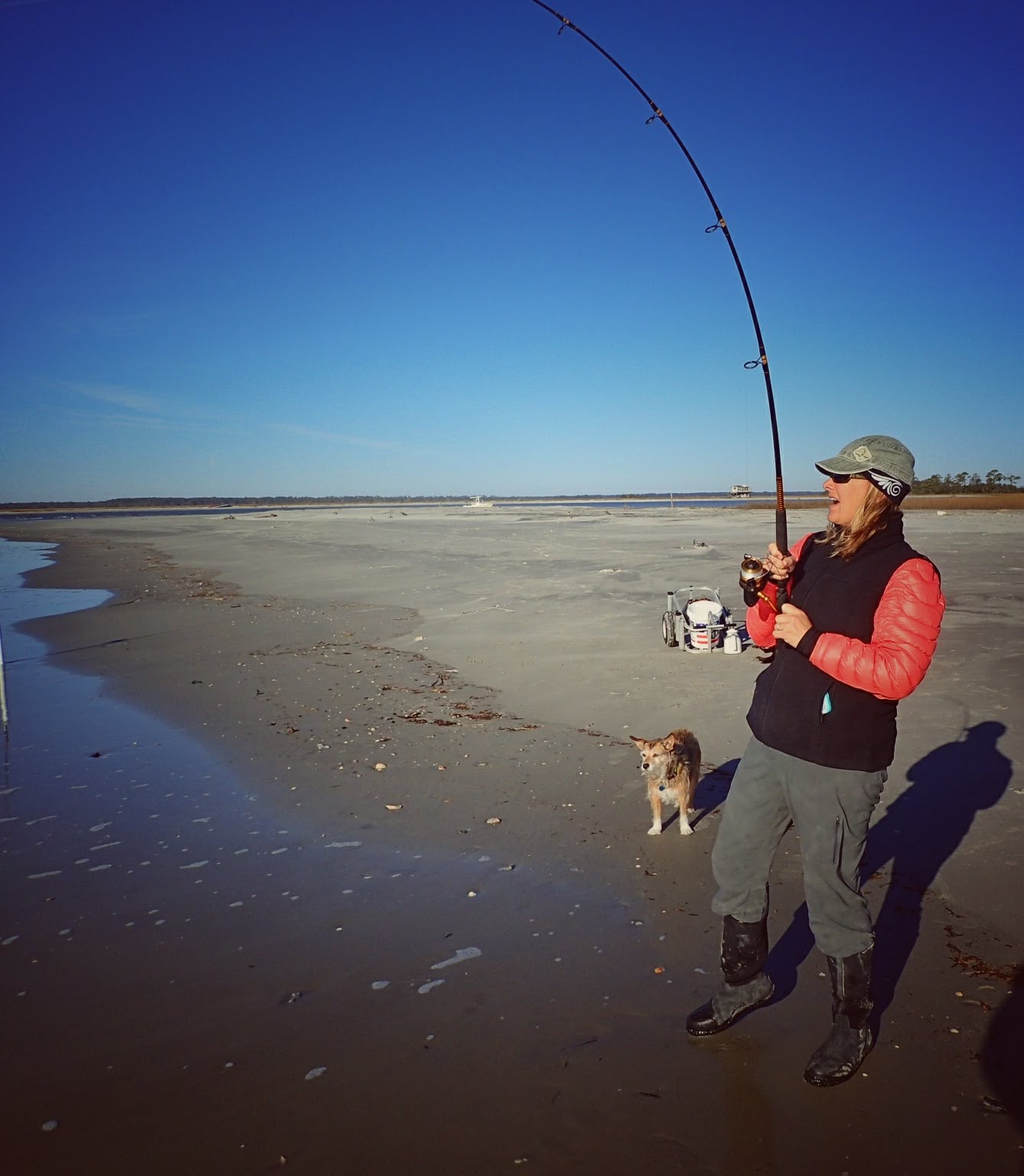
TRCP: What is the biggest challenge for the South Atlantic Fishery Management Council?
VON HARTEN: We are charged with conserving and managing 73 species of fish, seaweed, lobster, shrimp, and crab within the South Atlantic, from North Carolina all the way down to Key West. It’s a vast amount of habitat to protect, and it’s managed for both commercial and recreational fishing, where it’s hard to find a balance. The way we manage fish has biological, social, and economic impacts on coastal communities. The state of these fisheries directly affects people’s livelihoods, and that’s why the Council has one of the most rigorous processes for federal fisheries management in the world.
TRCP: What do you consider to be some of the biggest threats to the species you manage right now?
VON HARTEN: Habitat issues are always a concern. Any loss of habitat affects many species. For example, groupers spawn offshore and their young grow up in our estuaries and bays. With grouper and other species, we’ve seen some moving north and expanding their range with changes in water temperature and availability of habitat—all of a sudden, we have a species that travels out of our jurisdiction, complicating management across agencies. Fish don’t recognize state boundaries, of course and without coordinated management, the shifts in species distribution could upset the regional balance of resources in the process.
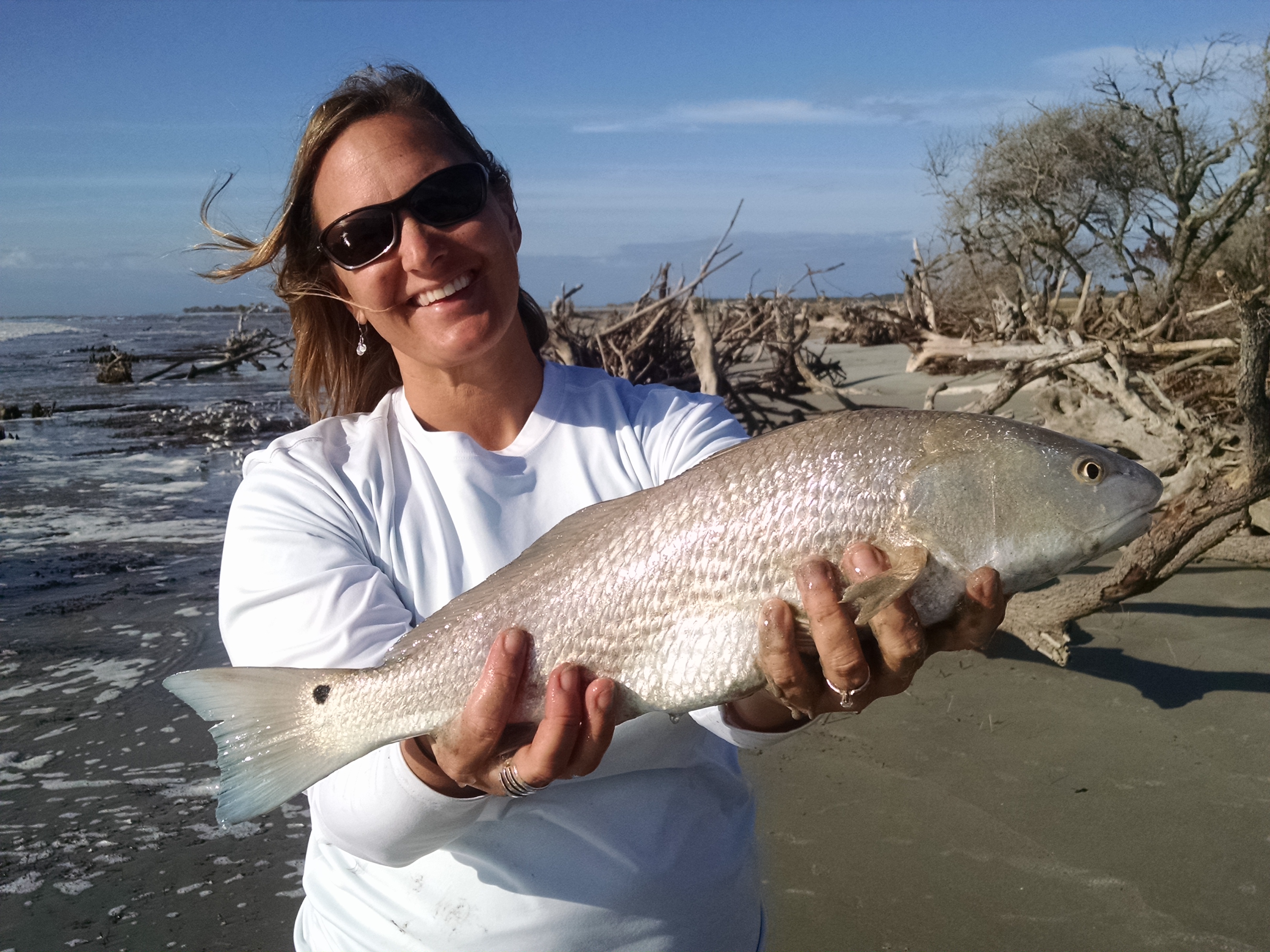
TRCP: So, how can better data help lead to better management of fish and habitat?
VON HARTEN: There is no substitute for thorough data collection. The effects of our management decisions are personal and recreational and commercial fishermen tell us all the time that they don’t trust the data that influences management decisions or their seasons.
One of the ways we are trying to think outside the box is to explore the idea of citizen science—having anglers pitch in with data collection through the use of smartphone applications. Scientists can be skeptical of the quality of self-reported data, but if you really look at current data determining fisheries management, much of it is already self-reported.
Citizen science offers a way for fishermen, scientists, and fisheries managers to all work together so that expectations are met about what data is needed for management and everyone has a shared goal in mind for how the data can be used. We hope that our latest programs will supplement existing data and fill in gaps in our current knowledge, like how many fish recreational fishermen are discarding because of their size and or because they’re a prohibited species.

TRCP: How is this different from what has been done in the past?
VON HARTEN: The use of an app to make it easier—more and more scientific fields are moving towards electronic reporting. There are lots of examples of cooperative research between scientists and fishermen, but often once the research project ends, the data sits on a shelf and isn’t revisited again. The Council’s program is pioneering the use of citizen science to supplement existing data streams using this approach.
TRCP: What continues to be your inspiration? What advice would you give other women and girls who want to take up fishing or even break into your line of work?
VON HARTEN: It was my experience fishing as a kid that made me relate to the ecology of the Chesapeake Bay area. These places are special—you can’t deny it after you’ve spent a full-moon tide up on the flats, watching the tails of the drum as they eat fiddler crabs or sight-casting to redfish.
I’d encourage young girls to believe that the sky is the limit and they’re good enough to study what interests them—even if they’re the first to do so. I was lucky to have had that kind of connection to the natural world early on, but it can be fostered at any age. It’s never too late to get your feet wet, ladies.

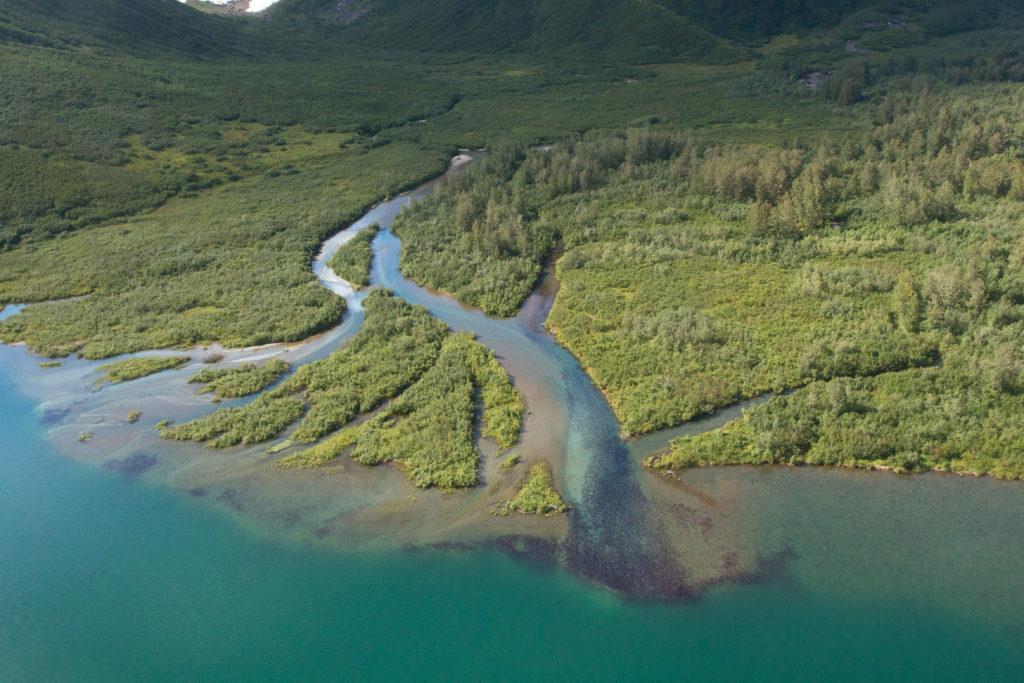
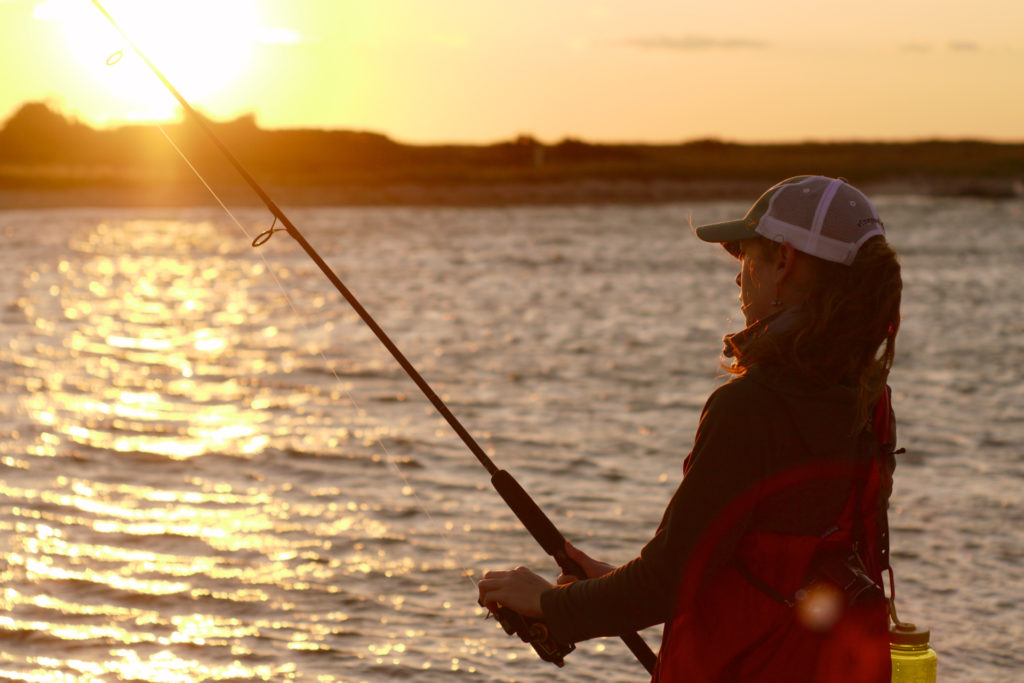
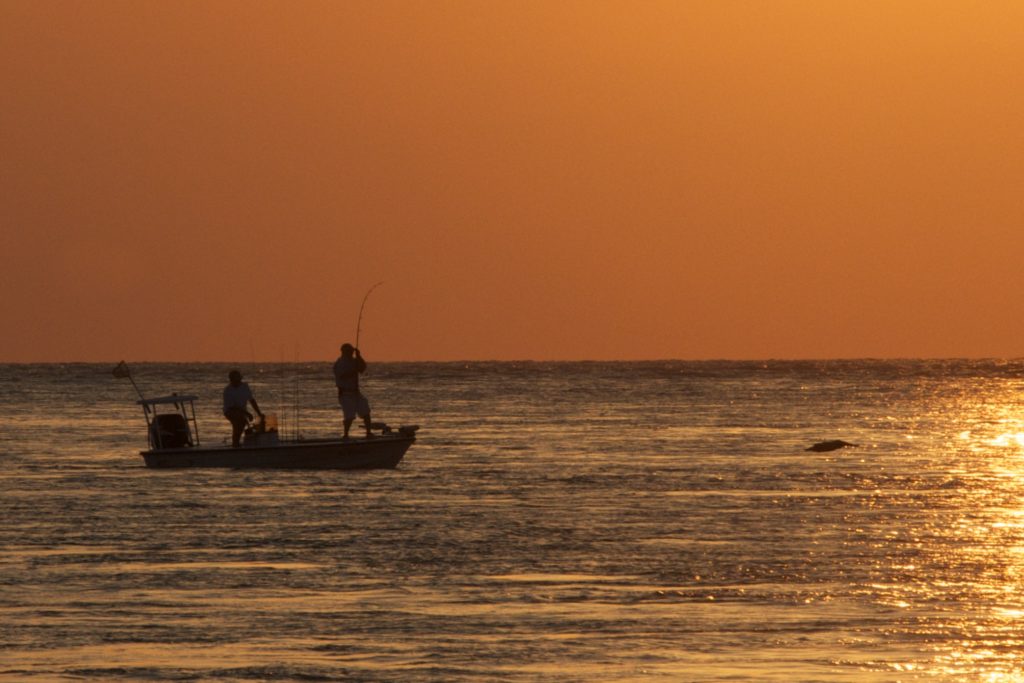

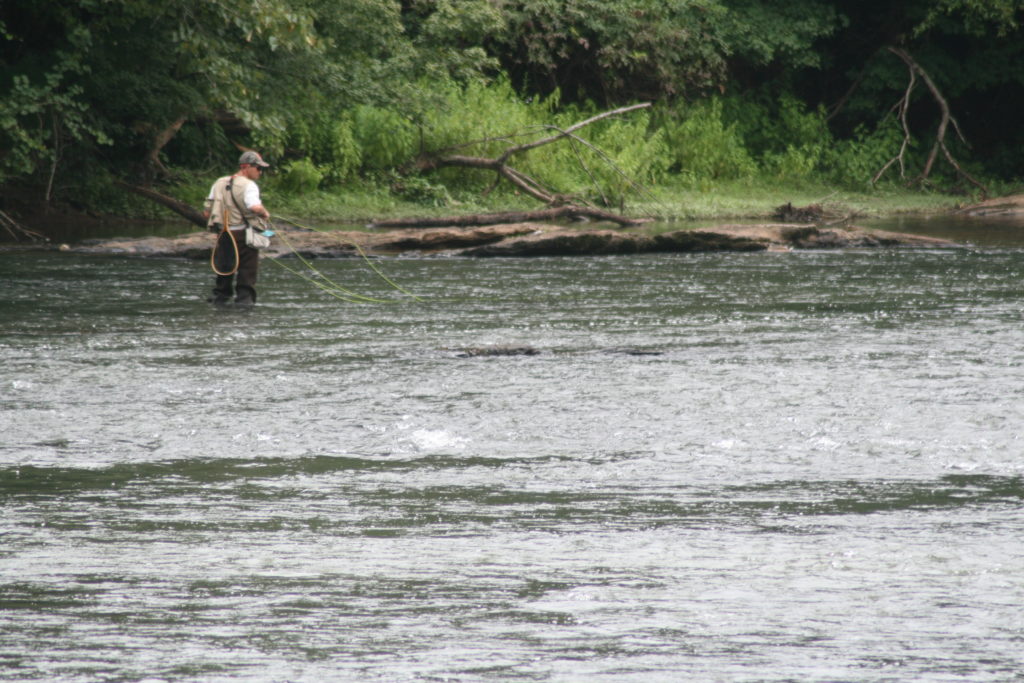





Great informative and inspiring information